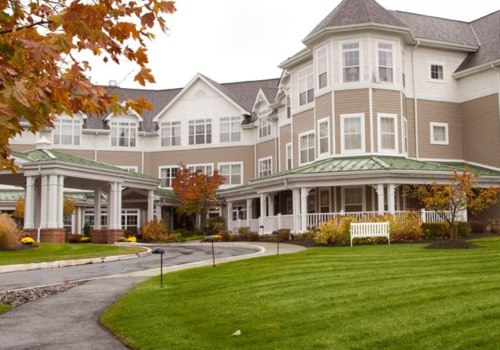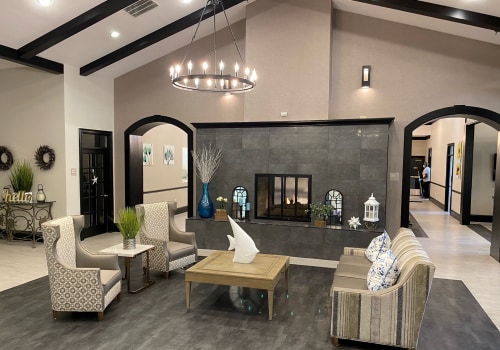As you or a member of your family ages, you may be concerned about how to handle health problems. Most people would like to stay in their homes and have their family members help them. Assisted living and residential care centers offer a variety of services, such as meals, cleaning and laundry services, and help with personal needs, such as bathing, dressing and dressing. Paying for assisted living can be a challenge for older people, leading many to seek alternative ways to pay monthly maintenance and care costs.
Long-term care insurance is an option for those looking for financial assistance with assisted living costs. While long-term care insurance doesn't usually offer comprehensive paid coverage for assisted living, the limited support that most policies can provide may be enough to make a difference. Long-term care covers these daily personal care services, whether you're aging in your home, in a skilled nursing facility, or in a nursing home community for the elderly. Most private health insurance policies don't cover long-term care services such as nursing homes, assisted living facilities, and home care.
However, some long-term care insurance policies include support for older people moving to assisted living facilities. According to experts, you can plan ahead for the costs of assisted living by purchasing long-term care insurance. If you qualify for the ALW program, you must use one of the state-approved assisted living centers to participate in the program. When those needs go beyond what they can reasonably achieve living alone, assisted living becomes an attractive option for long-term residential care.
If you're thinking of moving to an assisted living community, be sure to let them know that you have a long-term care policy. While every policy is different, most plans with assisted living coverage reimburse beneficiaries for costs they have already paid out of pocket. In general, Medicaid pays for room and board only when offered in an institution that provides specialized care (such as a nursing home) and generally does not pay for room and board expenses in assisted living facilities. Improved living: For those who feel more comfortable in an apartment and aren't prepared or don't need the care services offered in assisted living, improved living offers the flexibility to pay only for the services needed.
Assisted Living: From help with medications to support with daily activities, scheduling appointments, and more, assisted living offers 24-hour care. The relatively high cost of assisted living makes it difficult for many families to afford the cost. In almost all cases, Medicaid coverage for assisted living is significantly lower than the total cost, and the care provided is generally limited. Long-term care insurance can pay for assisted living if the purchaser selects a plan that covers this type of care.
If you're considering purchasing long-term care insurance to cover assisted living costs, it's important to understand what your policy covers and how much it will reimburse you.








